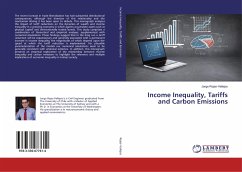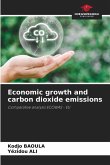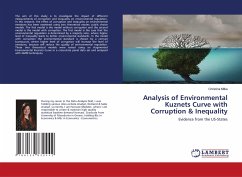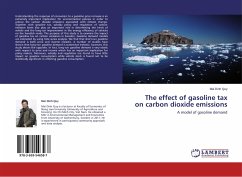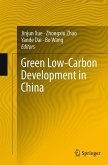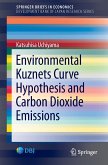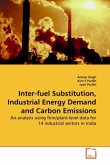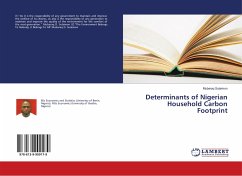The recent increase in trade liberalization has had substantial distributional consequences, although the direction of this relationship and the mechanism driving it has been open to debate. This monograph analyzes the impact of tariff reductions on the dynamics of wealth and income inequality in a growing economy in which agents accumulate assets such as physical capital and internationally traded bonds. This study comprises a combination of theoretical and empirical analyses, supplemented with numerical simulations. These findings suggest that in the long run a tariff reduction will be expansionary and generally associated with a permanent increase in income inequality, the magnitudes of which depend upon the speed at which the tariff reduction is implemented. For plausible parameterization of the models our numerical simulations seem to be generally consistent with empirical evidence. In addition, this monograph presents an empirical exploration of the relationship between income inequality and carbon emissions to highlight the relevance and multiple implications of economic inequality in today's society.
Bitte wählen Sie Ihr Anliegen aus.
Rechnungen
Retourenschein anfordern
Bestellstatus
Storno

